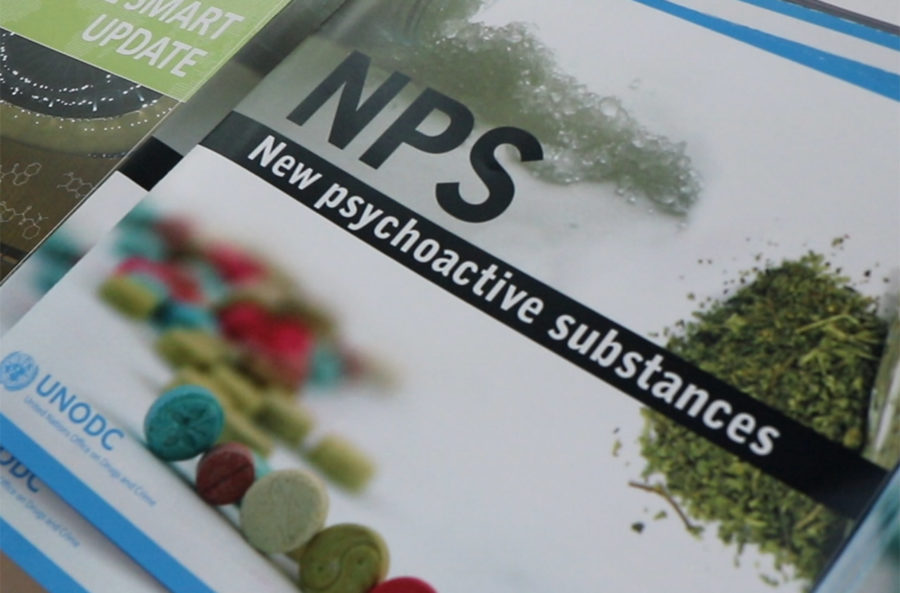What do Project NEPTUNE and New Zealand have in common?
Both are working to tackle the problem of New Psychoactive Substances (NPS), also known as legal highs.
I recently opened an expert panel in Vienna, organised by the UK and New Zealand with the UN Office of Drugs and Crime, on tackling NPS. The New Zealand Associate Minister of Health, Hon. Peter Dunne, spoke on policy in New Zealand. Dima Abdulrahim from Project NEPTUNE described the practical work her team was doing on the ground in the UK. Justice Tettey of the UNODC chaired the discussion.
Happening now at #CND2017: UK-hosted side event on health responses to new psychoactive substances #NPS pic.twitter.com/6EKJuazCSm
— UK Mission Vienna (@UKMissionVienna) March 14, 2017
The event took place in the margins of the UN’s Commission on Narcotic Drugs (CND), of which the UK has been a member since its foundation 60 years ago.
The UK campaigns actively with partners to shape international drugs policy. In recent years that has included leading the global response to NPS.
In practical terms, that has meant working with the EU, G7 and UN to put NPS on the international political agenda and, through the CND, to deliver concrete measures. Measures such as setting up a global early warning system at the UNODC to allow the UN to aggregate data on emerging NPS trends. The goal is to inform all UN Member States on a phenomenon that is constantly evolving as new substances are developed.
The UK has also worked with the International Narcotics Control Board to create a law enforcement taskforce dedicated to tackling NPS trafficking. This year we secured approval for a resolution at the CND’s annual meeting in Vienna, focused on tackling the health harms of NPS and promoting international responses to the issue.
What next? The UK will continue to take a leading role on NPS. That will include supporting the UNODC and member states as they implement UN NPS resolutions; and pushing for the expansion of the UNODC’s Early Warning System. We will also work closely with the UNODC Drugs Lab to support their work as a trusted information source for evidence-based decisions to shape future drug policy at the UN level.
The UK is working with UNODC and partners to tackle NPS. It’s a busy agenda. Watch this space.

